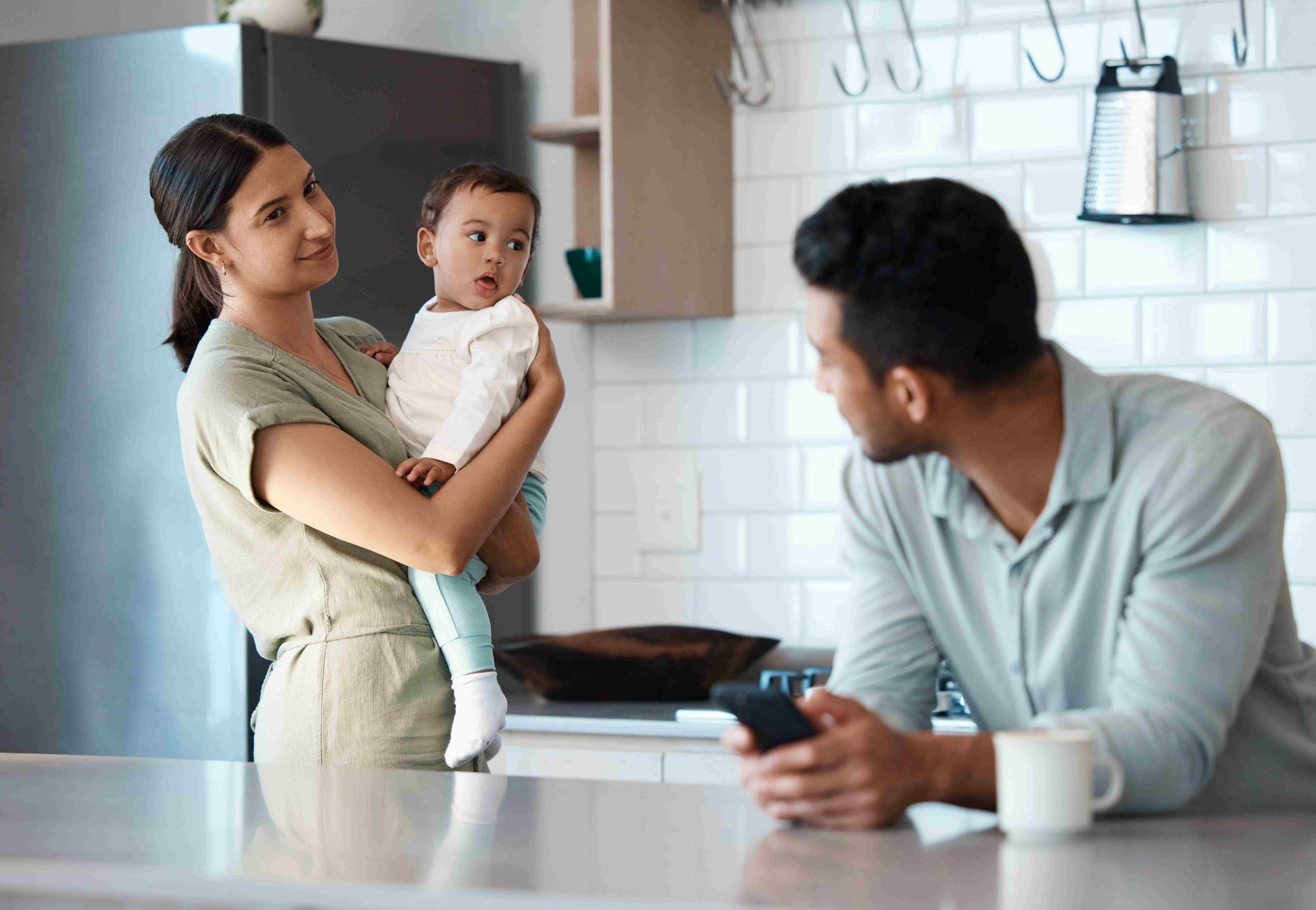- Free Consultation: (714) 351-0178 Tap to Call
Understanding Family Responsibility Laws in California: What Parents Need to Know

When a child gets into trouble, parents often ask themselves: “Am I going to be held legally responsible for this?” In California, the answer is: it depends.
Family responsibility laws exist to encourage parental involvement and accountability when a child violates the law. But how far do these responsibilities go—and when do they stop? Let’s break it down so you know what to expect, what your rights are, and when to get legal help.
What Are Family Responsibility Laws?
Family responsibility laws allow the state to hold parents or guardians financially—and sometimes legally—accountable for the actions of their minor children. These laws are based on the idea that parents have a duty to supervise and guide their kids, especially if they are under 18.
In California, this can include everything from covering the cost of property damage to facing fines if your child skips school too often. The idea isn’t to punish parents—but to encourage stronger involvement and prevent recurring behavior.
When Can Parents Be Held Responsible in California?
California law spells out several specific situations where parents may face consequences for what their child does.
Truancy and School Attendance Issues
If your child is consistently skipping school without a valid excuse, you can be on the radar. California’s compulsory education laws require that children attend school, and parents can be held accountable if they don’t.
In many cases, the process starts with school officials and may lead to a School Attendance Review Board (SARB) hearing. Continued violations can result in fines or even misdemeanor charges against the parent or guardian.
Property Damage or Theft
If your child willfully damages someone’s property or is involved in theft, California Civil Code §1714.1 may apply. This law allows victims to recover up to $25,000 in damages from a parent or guardian.
That includes incidents like:
- Vandalizing cars or buildings
- Stealing merchandise from stores
- Destroying school or community property
Even if you had no idea your child was involved, the law still allows for financial responsibility.
Car Accidents Caused by a Minor
If you signed your teenager’s driver’s license application, you’re legally on the hook for any damages they cause while driving negligently.
Under Vehicle Code Section 17707, that responsibility sticks until your child turns 18 or until you revoke your signature through the DMV. This is a commonly misunderstood area, but it’s one that can carry major financial risk.
Guns and Unsafe Storage
California has strict safe storage laws when it comes to firearms. If a child gains access to a gun because it wasn’t stored properly and causes harm, the parent can be both civilly and criminally liable.
This can include:
- Fines
- Criminal charges
- Civil lawsuits by victims or their families
These laws are designed to prevent accidents and tragedies—and parents need to know they’re enforceable.
Restitution in Juvenile Cases
In many juvenile delinquency cases, the court can order restitution to the victim. Sometimes, that financial responsibility is shared with the parents, especially if the child is too young to pay it themselves.
Even if your child is under probation or in diversion programs, you may still be asked to pay part of the costs associated with their behavior—especially in cases involving theft or damage.
Can Parents Be Criminally Charged?
Usually, parental liability is civil—meaning it involves money, not jail time. But there are rare cases where criminal charges can be brought against parents—especially if there’s neglect or they knowingly allowed illegal behavior to happen.
For example:
- Letting a child drive without a license
- Aiding in drug use or theft
- Leaving firearms accessible to minors
These aren’t the norm, but they do happen—especially when the court believes a parent contributed directly to the situation.
How These Laws Affect Families
No parent wants to end up in court because of something their child did. But these laws can add stress, confusion, and financial pressure on families already struggling to manage a difficult situation.
Sometimes, the legal system assumes the parent is “part of the problem,” when in reality, you’ve been doing everything you can. That’s why early intervention—through school support, mental health resources, or even a legal consultation—can make all the difference.
Why Legal Guidance Matters
Navigating California’s juvenile system is tough. Between school boards, probation officers, and court orders, it’s easy to feel overwhelmed. Add the risk of personal financial liability, and many parents find themselves unsure of what to do next.
This is where a juvenile defense lawyer from the Law Office of Katie Walsh can step in. An experienced defense attorney can:
- Advocate for your child in court
- Push for diversion or community programs
- Help reduce or eliminate parental liability
- Support your family throughout the process
Talk to an Orange County Juvenile Defense Attorney
At the Law Office of Katie Walsh, we understand the pressure families face when a child ends up in legal trouble. Katie brings years of experience as a former prosecutor and now works directly with families to protect both the child and the parent.
If you’re unsure about your rights—or worried about how far your responsibility goes—talk to someone who knows how the system works. Call us at (714) 351-0178 or send us a message through our online contact form. We’ll help you move forward, one step at a time.






